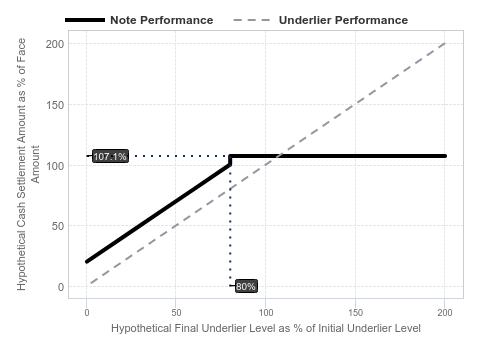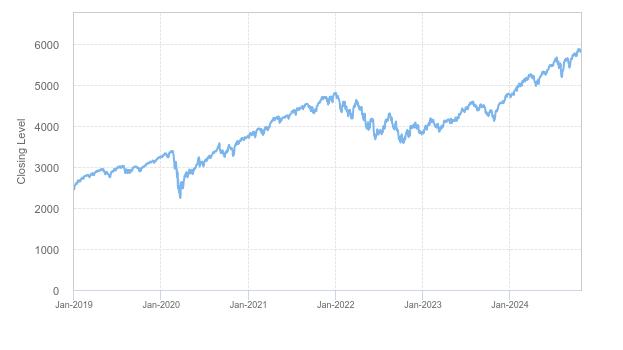If you purchase your notes at a price other than their adjusted issue price determined for tax purposes, you must determine the extent to which the difference between the price you paid for your notes and their adjusted issue price is attributable to a change in expectations as to the projected payment schedule, a change in interest rates, or both, and reasonably allocate the difference accordingly. The adjusted issue price of your notes will equal your notes’ original issue price plus any interest deemed to be accrued on your notes (under the rules governing contingent payment debt instruments) as of the time you purchase your notes. The original issue price of your notes will be the first price at which a substantial amount of the notes is sold to persons other than bond houses, brokers or similar persons or organizations acting in the capacity of underwriters, placement agents or wholesalers. Therefore, you may be required to make the adjustments described above even if you purchase your notes in the initial offering if you purchase your notes at a price other than the issue price. If the adjusted issue price of your notes is greater than the price you paid for your notes, you must make positive adjustments increasing (i) the amount of interest that you would otherwise accrue and include in income each year, and (ii) the amount of ordinary income (or decreasing the amount of ordinary loss) recognized upon maturity by the amounts allocated under the previous paragraph to each of interest and the projected payment schedule; if the adjusted issue price of your notes is less than the price you paid for your notes, you must make negative adjustments, decreasing (i) the amount of interest that you must include in income each year, and (ii) the amount of ordinary income (or increasing the amount of ordinary loss) recognized upon maturity by the amounts allocated under the previous paragraph to each of interest and the projected payment schedule. Adjustments allocated to the interest amount are not made until the date the daily portion of interest accrues. Because any Form 1099-OID that you receive will not reflect the effects of positive or negative adjustments resulting from your purchase of notes at a price other than the adjusted issue price determined for tax purposes, you are urged to consult with your tax advisor as to whether and how adjustments should be made to the amounts reported on any Form 1099-OID. You will recognize gain or loss upon the sale, exchange, or maturity of your notes in an amount equal to the difference, if any, between the cash amount you receive at such time and your adjusted basis in your notes. In general, your adjusted basis in your notes will equal the amount you paid for your notes, increased by the amount of interest you previously accrued with respect to your notes (in accordance with the comparable yield and the projected payment schedule for your notes) and increased or decreased by the amount of any positive or negative adjustment, respectively, that you are required to make if you purchase your notes at a price other than the adjusted issue price determined for tax purposes (as described in the accompanying prospectus supplement). Any gain you recognize upon the sale, exchange, or maturity of your notes will be ordinary interest income. Any loss you recognize at such time will be ordinary loss to the extent of interest you included as income in the current or previous taxable years in respect of your notes, and thereafter, capital loss. If you are a noncorporate holder, you would generally be able to use such ordinary loss to offset your income only in the taxable year in which you recognize the ordinary loss and would generally not be able to carry such ordinary loss forward or back to offset income in other taxable years. No statutory, judicial or administrative authority directly discusses how your notes should be treated for U.S. federal income tax purposes. As a result, the U.S. federal income tax consequences of your investment in the notes are uncertain and alternative characterizations are possible. Accordingly, we urge you to consult your tax advisor in determining the tax consequences of an investment in your notes in your particular circumstances, including the application of state, local or other tax laws and the possible effects of changes in federal or other tax laws. |


